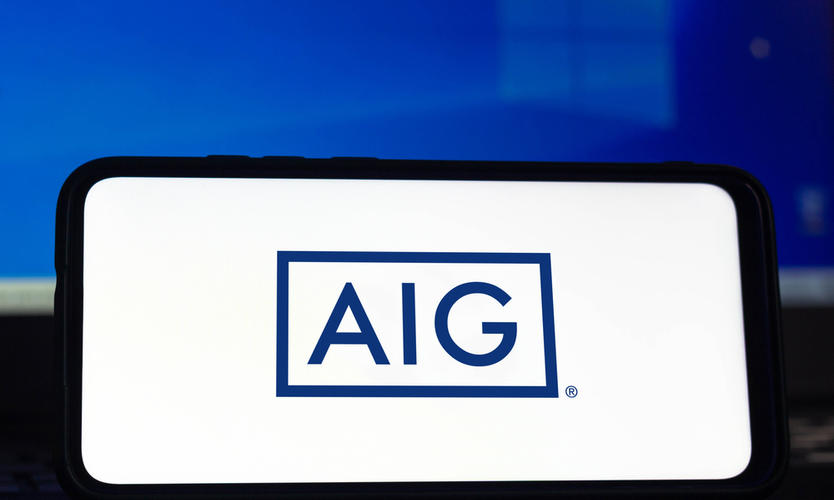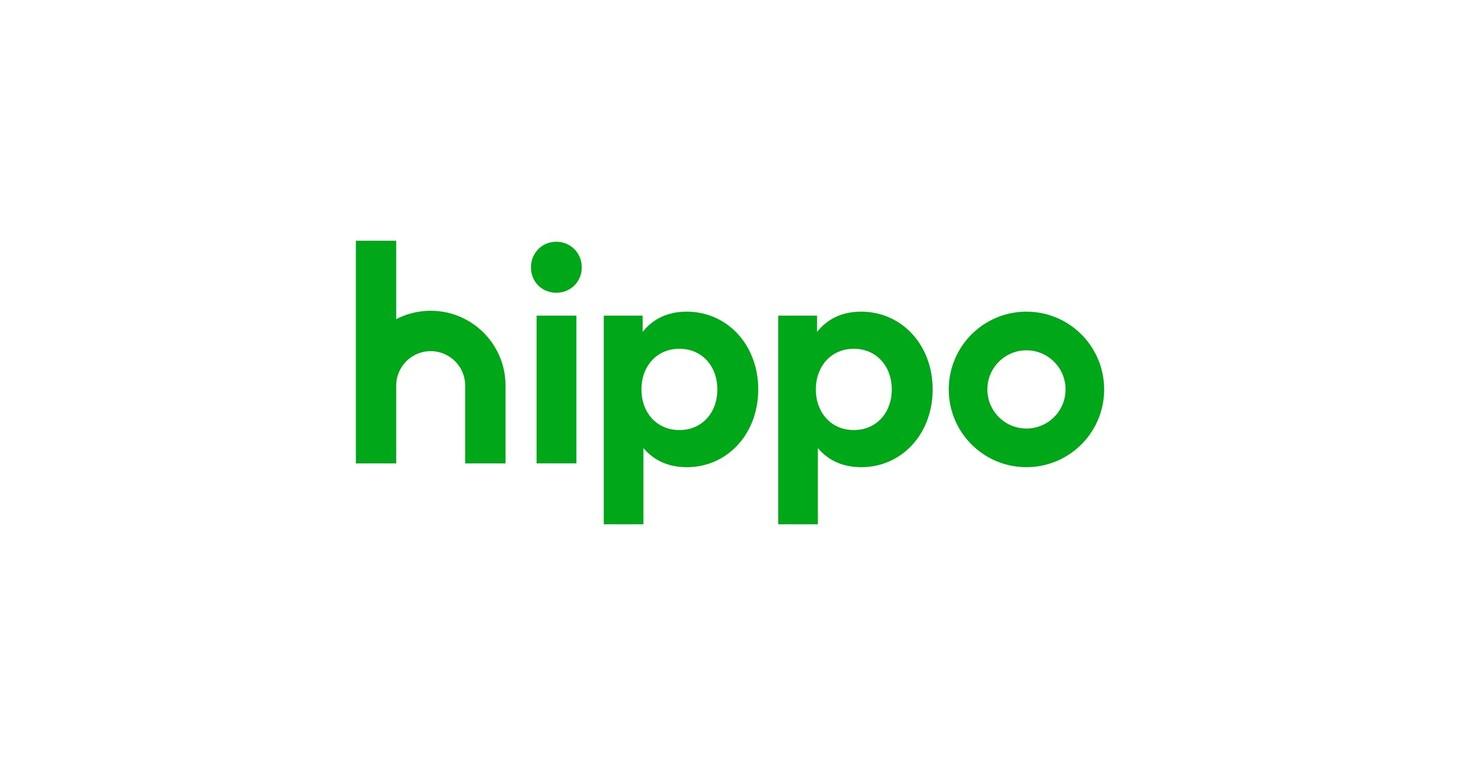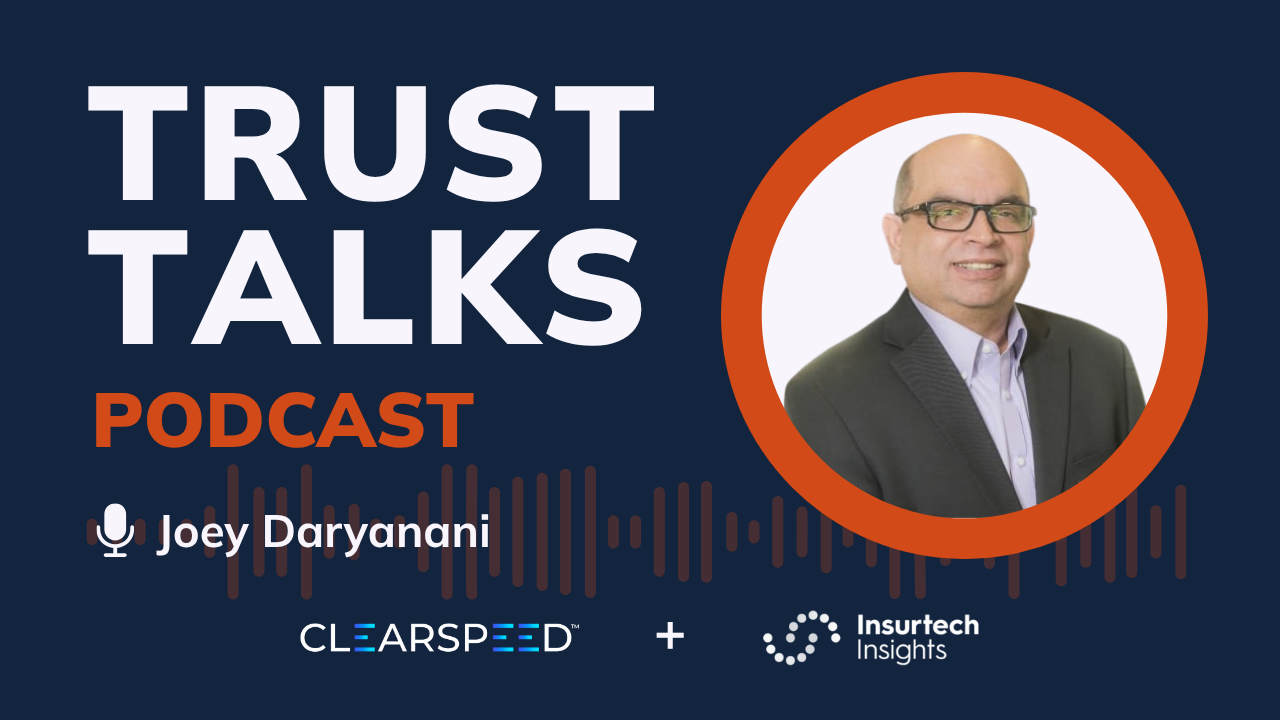Financial Results

Insurer AIG’s third-quarter profit rises on underwriting strength - Business Insurance
American International Group reported a rise in third-quarter profit on Tuesday, as the insurer was helped by strong gains from underwriting that offset a drop in income from investments.
Business and individuals have continued to spend on policies to protect against financial risks and natural disasters, helping insurance companies rake in the gains.
The company’s quarterly general insurance underwriting income jumped 81% to $793 million from last year. General insurance net premiums written, on a comparable basis, fell about 1% year-over-year in the three months ended September 30.
Peer and insurance bellwether Travelers reported in October a 1% rise in net written premiums to $11.47 billion for the quarter.
AIG’s general insurance combined ratio came in at 86.8% in the third quarter, compared with 92.6% a year earlier. A ratio below 100 indicates that the insurer earned more from premiums than it paid out in claims.
“This significant growth reflects AIG’s strength in underwriting, the focused repositioning of our investment portfolio, our expense management and our disciplined deployment of capital,” CEO Peter Zaffino said in a statement.

CCC reports ‘strong’ Q3, ‘accelerating’ AI-powered tool use | Repairer Driven News
CCC Intelligent Solutions has reported “strong” Q3 results that “underscore the strength of our platform and the scalability of our model and the growing demand for AI-driven innovation across the insurance economy,” according to Chairman and CEO Githesh Ramamurthy.
He shared during a Q3 earnings call with investors last week that revenue was $267 million, up 12% year over year and ahead of CCC’s guidance range. Adjusted EBITDA was $110 million, also ahead of the company’s guidance range, and adjusted EBITDA margin was 41%.
“A recurring theme in CCC’s four decades is the evolution of individual solutions into a connected platform,” Ramamurthy said. “The most recent evolution is with our AI-based solutions, which are following a similar trajectory as previous growth cycles. Starting with the launch of Estimate-STP in late 2021, we’ve expanded vision AI use cases to create a powerful AI layer that enhances our core software with advanced capabilities in routing, estimating, and workflow. These capabilities are seamlessly connected through our event-based overlay, IX Cloud, which links more than 35,000 businesses across the CCC network.

Hippo Reports Third Quarter 2025 Financial Results
Hippo Holdings Inc. (NYSE: HIPO), a technology-native insurance platform driving growth across owned and partner MGAs, announced its consolidated financial results including diluted net earnings per share of $3.77 and adjusted earnings per share of $0.70 for the quarter ended September 30, 2025.
Third Quarter Highlights
- Gross Written Premium increased 33% to $311 million over 3Q24
- Net Income of $98 million vs. a Net Loss of $9 million in 3Q24
- Adjusted Net Income of $18 million vs. an Adjusted Net Loss of $1 million in 3Q24
- Net Loss Ratio improved 25 percentage points to 48% compared to 3Q24
- Combined Ratio improved 28 percentage points to 100% compared to 3Q24
- Revenue grew 26% to $121 million compared to 3Q24
- Book Value per share of $16.64 up 14% from year-end 2024
- $91 million gain on the sale of homebuilder distribution network, net of technology write-off
By aligning its focus and structure to the strategy outlined at Investor Day, Hippo is building a more efficient and resilient organization, ensuring it is built to scale and adapt quickly to changing market conditions.
"Q3 was a breakout quarter for Hippo as we continued to execute with discipline and momentum across every part of the business," said Rick McCathron, Hippo President and CEO. "We grew gross written premium by 33%, expanded our platform to 36 programs, and delivered significantly improved underwriting results, including a 25-point improvement in our net loss ratio. We're operating as a unified, technology-native platform that's driving profitable growth, deepening diversification, and positioning us for long-term success."

Lemonade (NYSE:LMND) Delivers Strong Q3 Numbers, Stock Jumps 11.3%
Digital insurance provider Lemonade (NYSE:LMND) reported Q3 CY2025 results beating Wall Street’s revenue expectations , with sales up 42.4% year on year to $194.5 million. Its GAAP loss of $0.51 per share was 27.6% above analysts’ consensus estimates.
News

ReSource Pro acquires SIS and expands compliance services
ReSource Pro acquires Supportive Insurance Services, expanding compliance leadership across insurance licensing and regulatory services.
The acquisition brings together leading compliance providers, strengthening end-to-end licensing, tax, and surplus lines capabilities for insurance organizations.
ReSource Pro, a leading strategic operations partner serving the insurance industry, announced the acquisition of Supportive Insurance Services (SIS), a recognized leader in licensing and renewal services. With decades of expertise, SIS helps agents, brokers, adjusters, and insurers navigate complex, state specific regulations to mitigate compliance risks, avoid penalties, and maintain uninterrupted operations.
The acquisition unites two leading providers in the space. SIS’s deep specialization in adjuster licensing and compliance services complements ReSource Pro’s existing offerings, which include surplus lines tax filings and corporate and franchise tax reporting. Together, they give insurers access to end-to-end compliance solutions with technology that simplifies data sharing, reduces manual work, and keeps compliance activities running smoothly.
“Compliance is a complex and often misunderstood area of insurance,” said Dan Epstein, CEO of ReSource Pro. “By bringing SIS into ReSource Pro, we are leveraging deep insurance expertise supported by technology, to help our clients stay compliant and ahead of new requirements.”
“For over two decades, SIS has helped insurance organizations navigate the complexities of licensing and renewals,” said Jeff Brinkmann, CEO of SIS. “Joining ReSource Pro allows us to bring that same focus and expertise to an even broader set of challenges at greater scale. Our clients will benefit from expanded resources while continuing to receive the personal service and accuracy they’ve come to expect.”
AI in Insurance
Intelligent voice AI unveils “Evolve AI Agents” to supercharge voice automation across industries – Telematics Wire
Intelligent Voice AI, LLC introduced its next-generation platform, the Evolve AI Agents™, built using its proprietary Evolve Methodology™ to drive transformative automation across sectors like healthcare, insurance, legal and home services.
These agents blend “agentic” AI architectures with generative AI capabilities to streamline business operations—accelerating workflows, boosting revenue-generation, reducing manual tasks and ensuring compliance without requiring extra staff.
At the heart of the offering is a hybrid system designed for real-world enterprise settings: the Evolve AI Agents support more than 15 languages and over 80 voice profiles, offering human-like conversational engagement with clients and customers. They integrate seamlessly with existing business systems like CRMs, telephony platforms, electronic medical records (EMRs/EHRs) and scheduling tools—enabling companies to deploy the system into current workflows with minimal disruption.
The Evolve Methodology framework underpins the deployment process through three phases: Illuminate to uncover operational bottlenecks, Alleviate to apply targeted automation, and Elevate to embed continuous improvement and scalability.
According to the CEO of Intelligent Voice AI, the goal is not just to replace staff, but to “do more with what you already have”—bringing smarter systems that enhance outcomes while reducing overhead. Early client onboarding begins in Q4 2025, and the company says it’s ready to help mid-market businesses harness voice and automation AI in a practical, compliance-friendly way.
InsurTech/M&A/Finance💰/Collaboration
Flow Launches Breakthrough AI Portal Automation Agent to Eliminate the Industry's Biggest Bottleneck - Insurance News | InsuranceNewsNet
Flow Specialty, the insurance industry's first AI-powered placement service provider, today announced the launch of its newest innovation: AI portal automation. The technology leverages AI agents to navigate carrier portals end-to-end, a task long viewed as one of the most tedious and costly parts of insurance operations.
Portals were designed to make carriers faster, not brokers. In reality, they shift manual tasks downstream, forcing agencies to absorb the workload. Flow's AI flips that dynamic, giving agencies control back over cost, quality, and distribution, automating this necessary but low-value work. Carrier portals were originally intended to streamline the quoting process. Instead, they've slowed it down by forcing brokers to log in to several different carrier systems for each insured, manually rekey data, upload documents, and navigate inconsistent workflows for individual quotes.
Flow's new technology automates that process almost completely, eliminating more than 95% of manual tasks. The AI agents can open a browser, log into multiple carrier portals in parallel, interpret on-screen forms, answer coverage-specific questions, upload files, and return a completed submission back to the broker, with minimal human intervention, all in a fraction of the time it takes a human.
Webinars/Podcasts/Interviews

Investing in emerging tech and AI so carriers can focus on the policyholder | Joey Daryanani | Clearspeed
Joey Daryanani, VP of Specialised Services at CSAA, reflects on four decades of experience in P&C insurance. He shares how the industry has evolved and what leaders must do to prepare for the next wave of challenges including data-sharing and blending in artificial intelligence.
Claims

Ending the Domino Effect of Claim Delays | Insurance Thought Leadership
Insurance claims are complex enough without the added frustration of delays. Yet in high-volume environments, whether at a small independent agency or a large commercial firm, delays tend to stack up like dominoes, one problem leading to another. And delays are becoming more common.
According to a J.D. Power study released this year, homeowner satisfaction with insurance claims is decreasing. Mark Garrett, director of insurance intelligence at J.D. Power, summarized the findings, saying, "Customers are, in essence, paying higher prices for slower service. The average claimant does not receive final payment on a claim until 44 days after the first notice of loss, and unless insurers are communicating frequently and clearly along the way, customer satisfaction suffers."
The good news is many of these delays can be prevented, starting with how claims are documented.
THE ROOT CAUSES OF DELAYS
The tactical reasons insurance claims are delayed will be very familiar. But what may be less apparent is that many delays in claims processing can be traced to one of three main causes—complexity, inefficient internal processes, and incomplete or inaccurate documentation—or a combination of these factors.
While insurance adjusters can't make complex claims simpler, nor can they single-handedly solve inefficiencies, they can address the problem of incomplete or inaccurate documentation. Poor documentation at the start of a claim almost always guarantees setbacks later. In fact, it can trigger a domino effect of delays, including the need for repeat visits to a site, additional inspections, poor communication among the parties, and even potential coverage disputes.
Michael Vervena is vice president of sales and business development at iGUIDE

Ascot U.S. Chief Claims Officer: Seizing the Moment in Times of Uncertainty
Marina Barg, Chief Claims Officer of Ascot U.S. (New York), opened her keynote at Guidewire Connections 2025 at The Fontainebleau, Las Vegas, with a personal story of courage and transformation. She recalled a photograph from 1979 showing her parents standing on a balcony in an Italian seaside village—an image that concealed a dramatic truth. Only days earlier, her family had fled Kiev, USSR, leaving behind their home, friends, and possessions as stateless refugees bound for America. Her mother, terminally ill at the time, knew she would never see her children grow up in their new country.
Barg reflected that her parents’ decision embodied the power of recognizing and seizing a fleeting opportunity despite immense uncertainty. That moment, she said, taught her the value of courage, resilience, and decisive action. “Once in a while, stars align just right,” she told the audience. “You have to seize that moment and do everything you cannot to let it slip away.” Those lessons, she said, have guided her through a professional life defined by volatility, uncertainty, complexity, and ambiguity—the very conditions that characterize the insurance industry today.
OEMs & Auto Insurance
How OEMs Are Rewriting the Rules of Auto Insurance | Insurance Innovation Reporter
Automakers’ integrated insurance programs are reshaping underwriting, distribution, and pricing—anchored in connected-vehicle data and customer transparency.
From Tesla to Volvo, embedded OEM insurance is gaining traction, promising more seamless customer experiences and smarter, fairer pricing models.
OEMs aren’t just building vehicles and parts anymore. They’re creating entire transportation ecosystems, including integrated insurance.
Volvo has launched its own independent insurance agency in the U.S., offering customers the ability to purchase policies from multiple underwriters directly through its app. The Swedish carmaker’s entrance into the insurance industry follows in the footsteps of Tesla and Honda.
While still in early stages, these OEM-led insurance offerings are reimagining auto insurance by embedding it directly into the ownership experience. They have promised to align policies more closely with how people actually drive and interact with their vehicles.
But success hinges on more than data access. To win customer trust and market share, OEMs must also lead with transparency and clearly articulate the value exchange that comes with connected insurance
Henry Kowal is the Director of Product Management at Arity, a Chicago-based mobility and data analytics company.
Awards

Applied Systems, Ivans, and EZLynx Receive Recognition in
Applied Systems® today announced that the company, along with its subsidiaries Ivans and EZLynx, was honored with three Globee® awards in the 17th annual Awards for Innovation. The Globee® awards are an annual industry and peer recognition program honoring the best companies and individuals in every major industry from around the globe. The awards highlight outstanding organizations, products, and people who have made significant contributions and set new standards of excellence.
Applied Systems and its subsidiaries were recognized in the following categories:
- Applied Systems – Silver – Most innovative tech company | +2500 employees category
- Ivans – Silver – Most innovative tech company | 11 - 2,499 employees category
- EZLynx – Silver – Cloud-based insurance technology innovation
To be recognized as a Silver Globee® Winner, an entrant must achieve an excellent average score of 7.50 to 8.49, as determined by the evaluations of industry experts. This recognition highlights strong performance, innovation, and leadership, honoring accomplishments that stand above industry standards. The Silver Globee® Winner accolade acknowledges the recipient’s commitment, expertise, and ability to deliver measurable impact, inspiring others in their field to pursue excellence.
“We’re proud to be honoured in this year’s Globee® Awards, continuing a strong track record of recognition,” said Taylor Rhodes, chief executive officer, Applied Systems. “These awards underscore our ongoing commitment to product innovation for the benefit of all stakeholders across the independent agency distribution channel, strengthening our position as an indispensable technology partner to our customers.”
